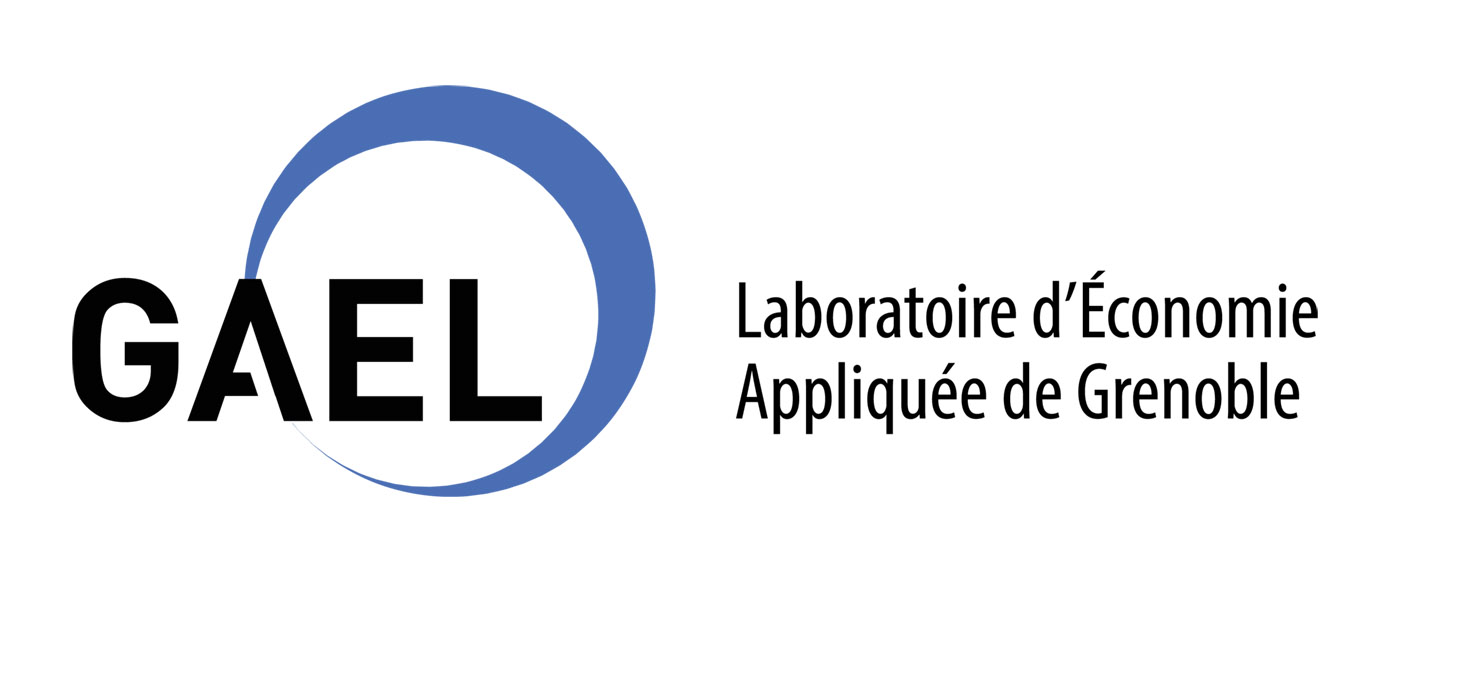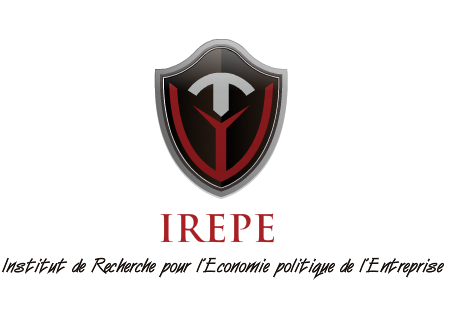- Imprimer
- Partager
- Partager sur Facebook
- Partager sur X
- Partager sur LinkedIn
Séminaire
Le 20 mai 2021
Les laboratoires Creg et Gael, en partenariat avec l’Irepe et l’Edse vous invitent au second séminaire Institutional and Organizational Economics
Abstract: Once a strategy is found to solve a problem, individuals may either repeat it routinely or try to discover new ways to achieve the same goal. While the shift between strategy exploitation and exploration may be unconscious, it can be revealed through behavioural experiments, provided that the shift is precisely measured.
“Target The Two” is a card game invented by Michael Cohen to explore the routinization of behaviour in the laboratory. It is therefore a platform that helps discover the spontaneous change to better strategies while an established strategy is being executed. The game admits a broad number of different initial card distributions and two strategies to achieve the goal, each of which is more efficient in a different domain of initial card distributions. In an experiment (organized with Narduzzo), we observed the emergence of a persistent differentiationof behavioursbetween a majority of playerswho exploited one strategy even when it was not efficient and a minority who explored the strategy space to discover the most efficient one.To disentangle this phenomenon’s cognitive elements from the organizational ones, I converted the game into a puzzle (http://graphgames.luiss.it/admin/).
The results of the new experiment again showed the same phenomenon, i.e. routinization and shift to exploration; this dualism can be explained as the outcome of two conflicting cognitive processes: on the one hand, the automatization of one strategy reduces the mental load permitting the exploration of new alternatives; on the other hand, automatization implies high accessibility to the familiar strategy and this, in turn, directs attention to the strategy’s key cards. Then, the cards that are useful for a new strategy are less accessible than the familiar key cards and therefore many players do not “see” them. The mechanisms through which automatization permits or prevents discovery have recently been further explored through multivariate neuroimaging analyses by Schuck et alii, who show that the elements that trigger the search for a new strategy are not the product of a conscious deliberation.
Date
14h-15h30
Localisation
Visioconférence
Télécharger
Présentation (PDF, 586.36 Ko)
Infos pratiques
Inscriptions
Co-organisateurs : Virgile Chassagnon et Alexis Garapin
- Imprimer
- Partager
- Partager sur Facebook
- Partager sur X
- Partager sur LinkedIn


